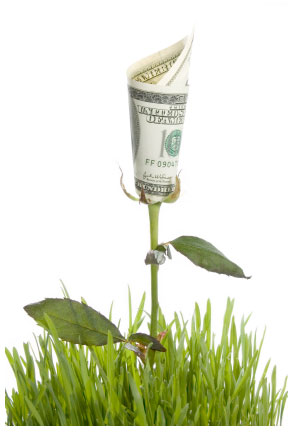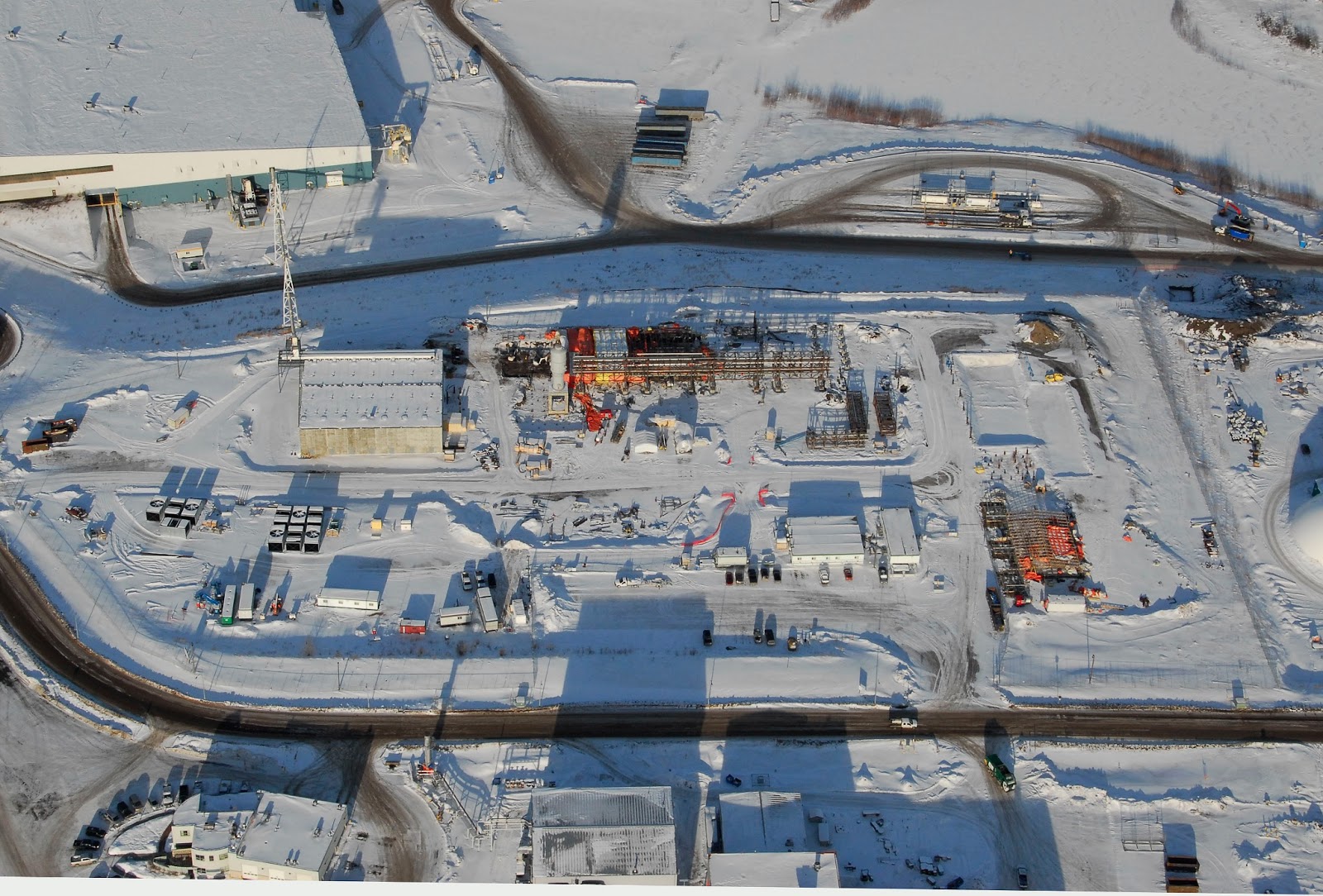 I think this is a good sign that various governments, banks and investors are putting in more cash and loans this month for biofuel /renewable chemical activities (see earlier post on the funding prospects for 2013).
I think this is a good sign that various governments, banks and investors are putting in more cash and loans this month for biofuel /renewable chemical activities (see earlier post on the funding prospects for 2013).This week, Solazyme’s joint venture company, Solazyme Bunge Renewable Oils has received loan approval of around $120m from the Brazilian Development Bank (BNDES) to support the JV’s first commercial-scale renewable oil production facility, which is being constructed adjacent to Bunge’s Moema sugarcane mill in Sao Paulo state.
The 8-year loan will have an average interest rate of 4%/year. The facility is scheduled to start operation in the fourth quarter of 2013. According to Solazyme, it will initially target 100,000 tonnes/year of renewable oil production (made from algae that eats the sugar and poops out the oil), which will service the renewable chemical and fuel industries within the Brazilian marketplace.
The companies intend to expand production capacity to 300,000 tonnes worldwide by 2016. Solazyme said application of the oils will expand to include edible food oils for sale in Brazil (distributed of course by Bunge).
Solazyme is currently targeting a 20,000 tonnes/year production of its algae-based tailored oils (using corn dextrose) at the Archer Daniels Midland facility in Clinton, Iowa, starting early 2014. The Clinton facility is also expected to expand production to 100,000 tonnes/year in subsequent years.
Also at the same time that the BNDES loan was announced, Solazyme also proposed an offering of $100m 10-year convertible notes that would supplement the company’s $167m of short-term investments and cash as of the end of third quarter (this according to Lawrence Alexander of Jefferies & Company).
Solazyme said the proceeds will be used to fund project related costs and capital expenditures, and for general corporate purposes.
Now this post is not just all about Solazyme.
In the world of algae, the US Department of Energy (DOE) just released a funding opportunity of $10m-20m in fiscal year 2013, and additional $10m-20m for continuation awards in 2014 through 2016 to support longer-term projects that can boost yield per acre cultivation equivalent of algae for use as biofuel feedstock.
The DOE expects to select 2-7 applications under this funding called Advancements in Algal Biomass Yield (ABY). The objective is to demonstrate, at a process development unit scale of one acre cultivation equivalent, algal biofuel intermediate yield of 2,500 gallons/acre per year by 2018. The DOE Biomass Technologies Office believes this target is an important milestone in reducing the cost of algal biofuels to cost-competitive levels in order to achieve 5,000 gal/acre by 2022.
Concept Paper submission deadline is February 11, and full application submission deadline is April 1.
Meanwhile, a private non-profit group called the Biofuels Center of North Carolina, announced a grant of $766,256 to a consortium of partners led by AdvantageWest Economic Development Group to fortify the state’s biofuels sector and trigger expansion in the region. The grants program is supported by finds from the Tennessee Valley Authority Clean Air Settlement that were directed to the Center by the North Carolina legislation.
AdvantageWest and 13 other entities will invest a 50% matching contribution for a total investment of $1.15m.
The project called “Planting the Seeds for a Robust WBC Biofuels Sector”, aims to expand feedstock reliability including oil crops, spend brewery grains and woody biomass; improve value-chain economics including harnessing nutraceutical fractionations and waste glycerin; expand demand; investigate a multi-tenant biofuels and bioproducts industrial park.
It is also a lucky month for California-based Calysta Energy, which is developing a biological gas-to-liquids technology using methane as feedstock for transportation fuel and chemicals application. Calysta has just received a Phase 1 grant from the National Science Foundation under the Small Business Innovation Research (SBIR) program.
Calysta’s SBIR-sponsored research will focus on development of chemical components for a new class of biodegradable polymers with improved properties and favorable economics compared to current bioplastics. The company said this new class of modified lipids (fats) can also be used as building blocks for a variety of specialty chemicals such as for use in detergents, surfactants, lubricants and adhesives.
Now my curiosity about these lipids is piqued. Calysta did not mention the amount of the grant. The blog first introduced Calysta Energy in November last year.
This announcement, meanwhile, garnered a lot of tweeting yesterday as Canada-based Enerkem said it was able to raise a C$37m ($37.5m) financing coming from Waste Management and EB Investments to fund its commercial-scale 10m gal/year Enerkem Alberta Biofuels facility in Edmonton, which is expected to commission this summer.
Enerkem’s thermochemical process can convert municipal solid waste (MSW) into ethanol, methanol and chemical intermediates. For the Edmonton facility, the City of Edmonton is expected to supply 100,000 dry metric tons of sorted MSW to produce methanol and ethanol.
 |
| Enerkem Alberta Biofuels facility |
Finally, we finished the post with biotechnology trade group BIOTECanada announcing this week of a $400m federal government commitment to fund venture capital activities. BIOTECanada says the funding allotment will provide Canada a strong competitive advantage to leverage the capital it needs to innovate in the biotechnology sector.
There are more funding announcements coming from Europe but that will be for another post. It’s 2am and my brain is getting cranky.
FOLLOW ME ON THESE SPACE
Discussion
Comments are closed.